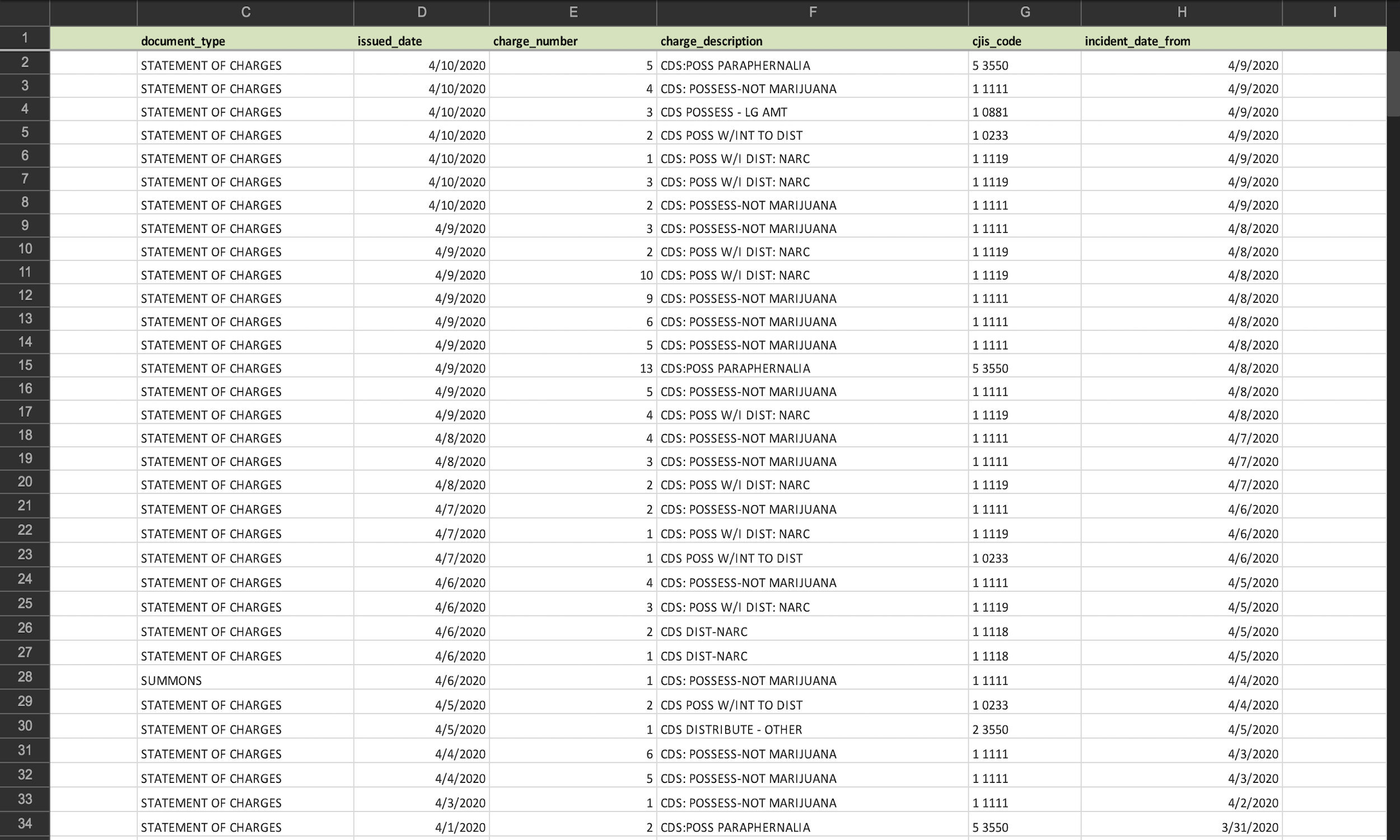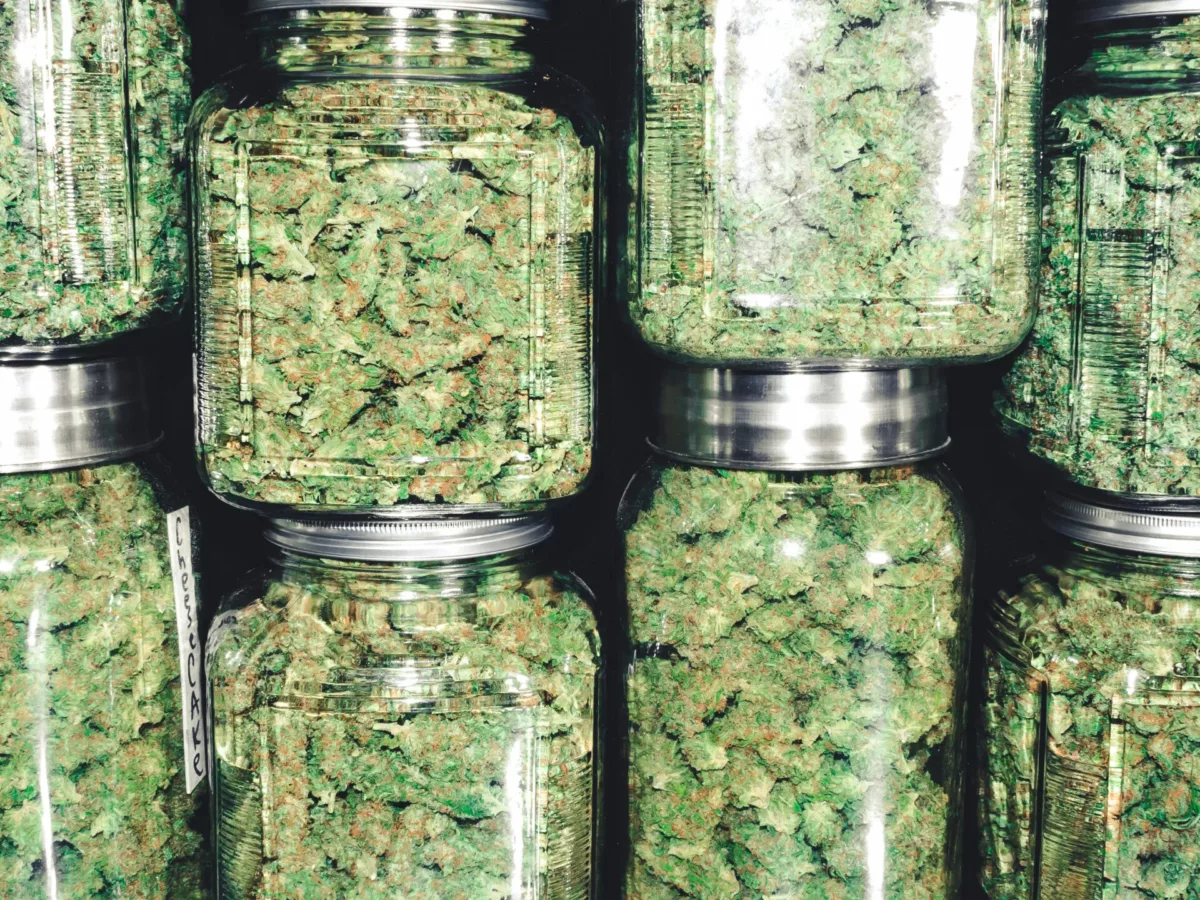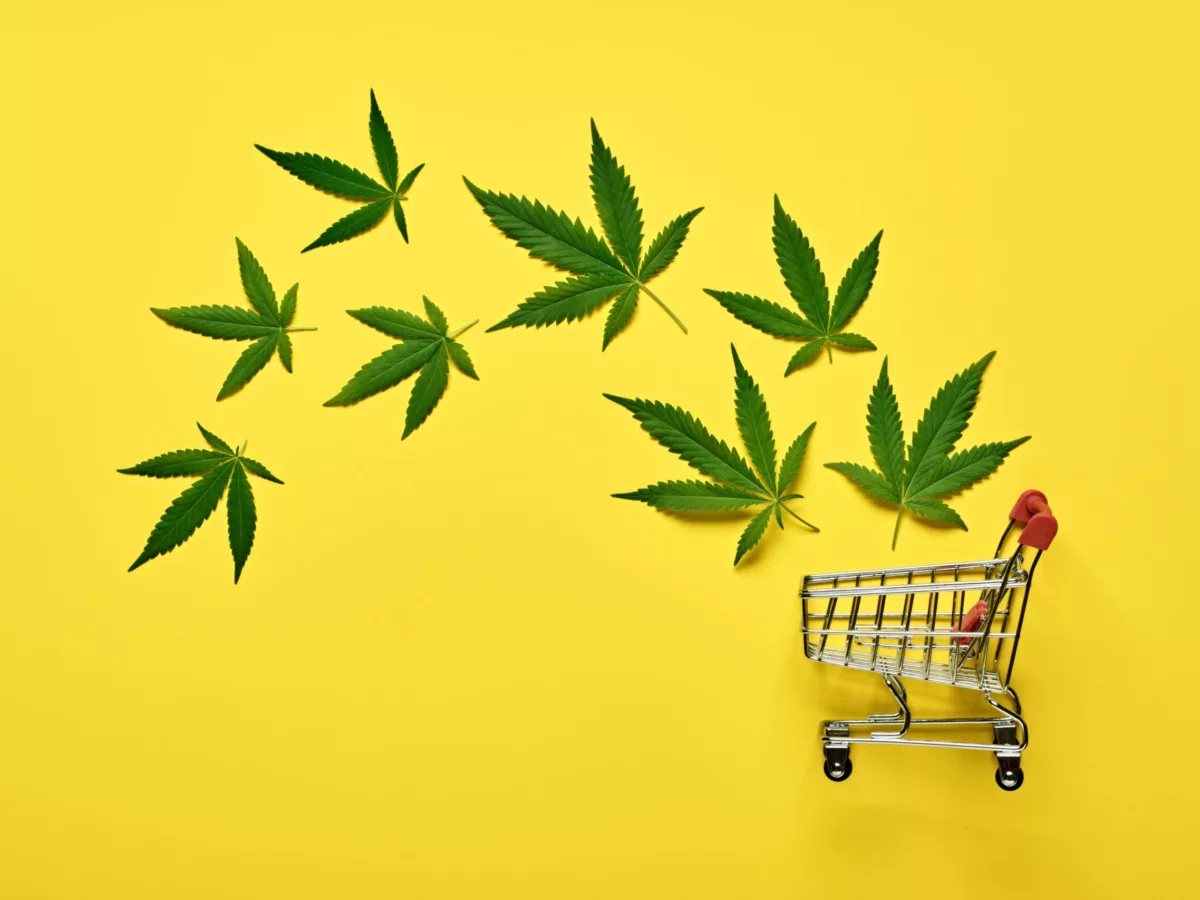On Saturday, April 11, the Baltimore Police Department (BPD), posted, as they often do, a photo to Facebook of what they seized after an arrest the night before. The photo showed, laid out on a table, a Walther PPQ .45 pistol, 12 bullets, 10 pills, two phones (a flip phone and an iPhone), a stack of cash, and a whole bunch of weed. The caption reads, “Your Northern District officers continue in their efforts to end gun violence. On 4/10/20 @ 1633hrs in the 1100 block of E Belvedere an adult male was arrested on handgun and drug charges. Walther PPQ 45cal with 12 live 45cal rounds.”
The comments under the post are typically troubling including demands for the death sentence for the arrestee (who has not been convicted of anything), racism, praise for police, and snarky comment about whether or not this person social distanced with “his customers” (as The Outlaw Report revealed, some of those operating in the illicit market are social distancing). There is even one commenter who noted, “As crazy as this sounds, I’m glad not to see much crack anymore and more marijuana. But glad to see the guns get taken off of the streets.”
This April 10 arrest was likely only the third person whose arrest involved cannabis in Baltimore since the beginning of March, according to data pulled from Maryland Judiciary Case Search records and tabulated by Open Justice Baltimore, an organization committed to “develop[ing] open source data projects to increase transparency of the Baltimore Police Department and Baltimore City officials.” The Outlaw Report requested the data to see if BPD approaches to drug arrests had changed since COVID-19 introduced debates about how police should operate regarding enforcing the law at a time of social distancing.
We reached out to Open Justice Baltimore, which uses its Case Harvester software to locate all drug charges because Baltimore City’s own Open Data website has not been updated with police arrests since March 3, 2020. And also because BPD is notoriously poor—and selective—about providing information to the public (The Outlaw Report is still waiting for the number of cannabis possession arrests for 2019). So The Outlaw Report requested Open Justice Baltimore use Case Harvester to locate all drug charges between March 1 and April 11. These were pulled from District Court records, so it is all people who have been arrested but before those charges could potentially be dropped.
The three arrests involving cannabis were from March 2, March 23, and April 10, which means of those three, only two were after Baltimore City State’s Attorney Marilyn Mosby’s March 18 announcement that her office would drop pending charges and not prosecute a number of crimes including drug possession, attempted distribution, prostitution, trespassing, minor traffic offenses, open container and urinating in public amid the COVID-19 pandemic. This is on top of the policy Mosby’s office put into effect in 2019 which said they would not prosecute any cannabis possession charges—no matter the amount—unless they could prove possession with intent to distribute. The Outlaw Report learned that in 2019 Baltimore’s State’s Attorney’s Office dropped 219 cannabis charges.
All of those with cannabis-related charges between March 1 and April 11 are charged with a number of more serious charges tied to distribution or attempted distribution of drugs other than cannabis, or gun charges. The data shows that no one has been arrested by BPD amid COVID-19 solely for cannabis possession.
While cannabis appears to be a very low priority for BPD, charges for possession of other types of drugs have continued. In total since March 1, there have been 287 people arrested for drug charges, ranging from possession to possession with intent to distribute and other more “serious” drug-related crimes.
Those 287 people faced a total of 808 charges.






